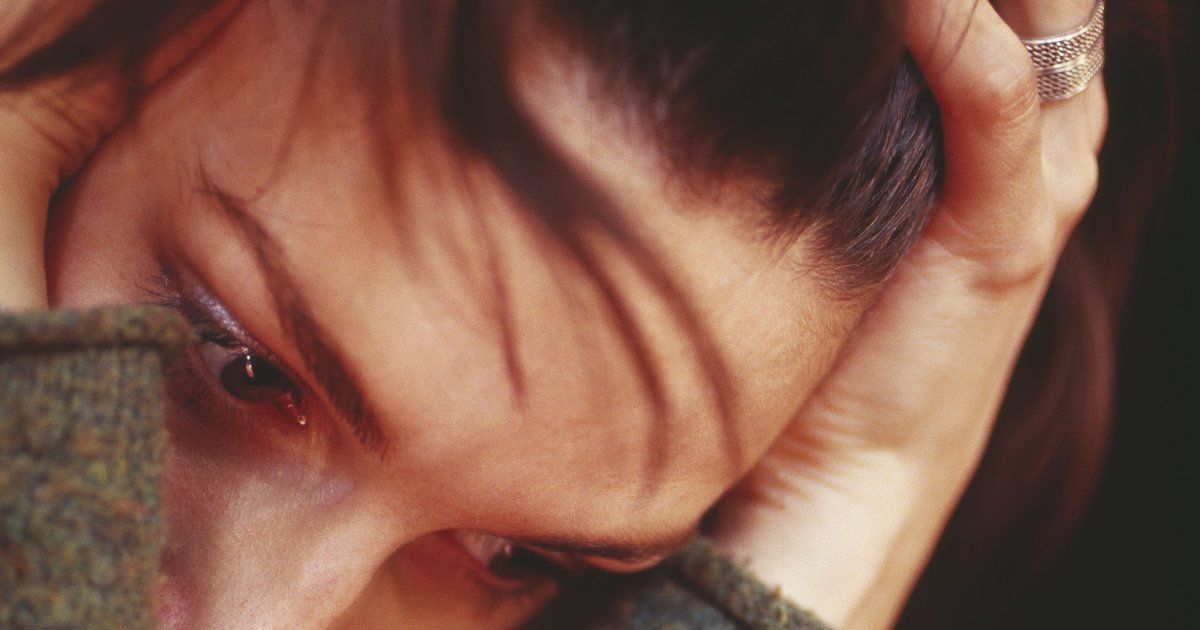Conditions And Causes Linked To Passive-Aggressive Behavior
Increased Stress

Increased stress can often lead to passive-aggressive behavior. If an individual already had a tendency to exhibit this behavior, stress will likely make it worse. Stress takes a toll on a patient's psychological well-being and makes it difficult to tolerate annoyances, inconveniences, or upsets. The things others do may suddenly be annoying or overbearing when they'd never been bothersome before. The problem is, if someone doesn't communicate this, others have no way of knowing their behavior is bothering them. It's important for individuals to learn to communicate their emotional needs to others in their life. If they're stressed, they should tell their loved ones and ask them for space and support. Some friends and couples will create systems to use when one of them is stressed, such as familiar routines that allow space while meeting the individual's needs. It's always more effective for individuals to explain they're struggling with stress than to expect another person to interpret passive behavioral cues.
Get more details on conditions linked to passive-aggressive behavior now.
Schizophrenia

Schizophrenia is a serious mental disorder that affects an individual's thoughts, feelings, and behaviors. A patient with untreated schizophrenia might seem out of touch with reality. Symptoms tend to manifest between the ages of sixteen and thirty, but there have been cases where symptoms presented earlier or later. The disorder has 'positive' symptoms, which include psychotic behaviors like delusions, hallucinations, dysfunctional thoughts, and agitated movements. The 'negative' symptoms cause disruptions to normal behaviors and emotions, including a reduction in emotional expression, reduced ability to feel pleasure, reduced speech, and difficulty beginning or staying focused on activities. With schizophrenia, passive-aggressive behavior is sometimes related to delusions. An affected individual may behave aggressively or feel detached from their loved ones if they believe they've done some wrong. The flattened emotions might also contribute to passive-aggressive behavior. Schizophrenia is generally treated with medications and therapy. With the right medication adjustment, a schizophrenic patient may begin feeling more in contact with reality and emotionally in tune with others.
Learn more about the causes and conditions associated with passive-aggressive behavior now.
